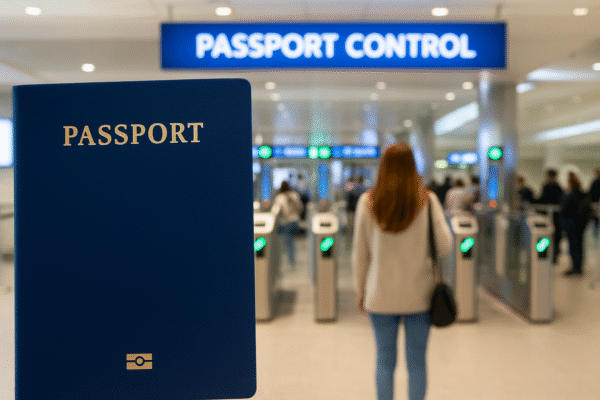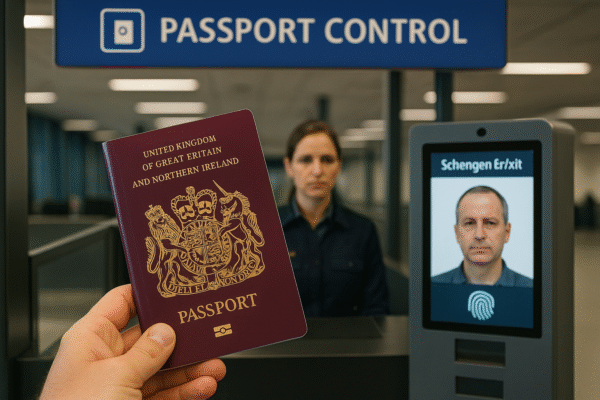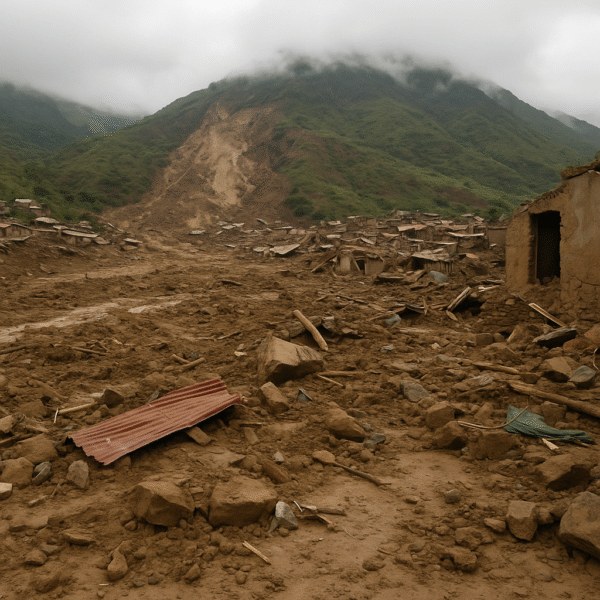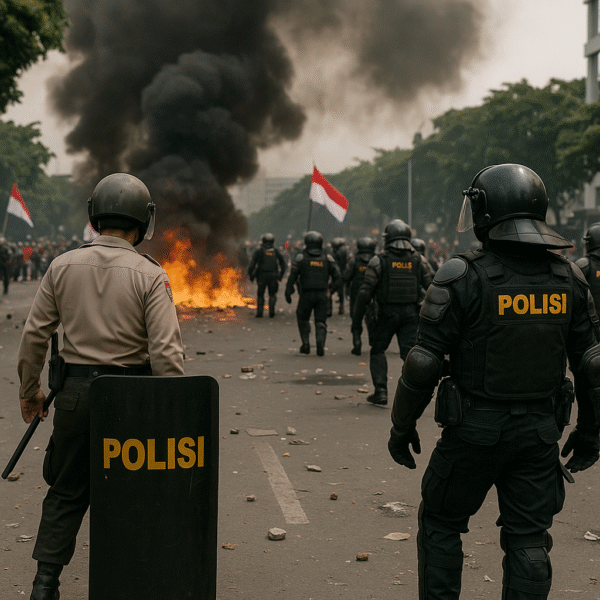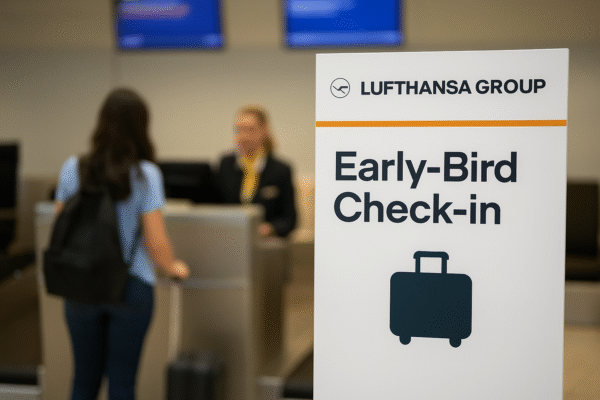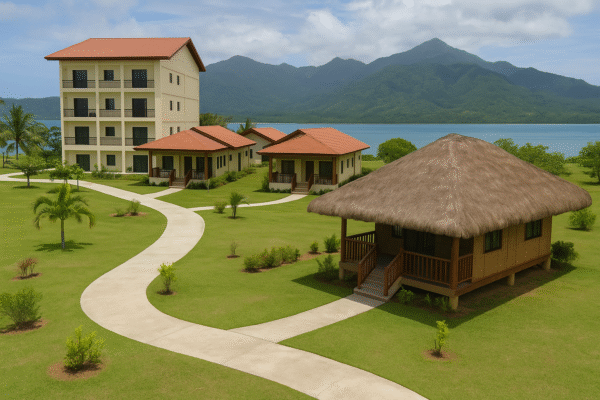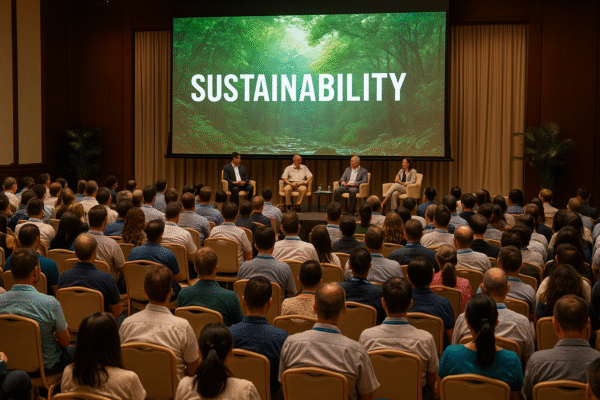PHIST 2025 Propels Phuket Toward Sustainable Tourism Leadership
Phuket, Thailand — Thailand has taken a significant step toward reshaping its tourism industry as the Phuket Hotels for Islands Sustaining Tourism (PHIST 2025) event concluded with resounding success. The 8th edition of this landmark conference brought together over 1,300 industry leaders, government officials, sustainability experts, and community representatives to craft a unified vision for responsible and community-driven tourism.
Held at the Angsana Laguna Phuket, PHIST 2025 underscored the importance of integrating sustainability, innovation, and local community participation to position Phuket — and Thailand at large — as a global leader in sustainable tourism.
A Record-Breaking Gathering for Change
The turnout for PHIST 2025 marked the largest attendance since the event’s inception, reflecting the growing urgency to address pressing environmental and social challenges. Over 25 interactive sessions tackled a wide range of topics, including regenerative tourism, circular economy practices, sustainable infrastructure, and authentic cultural experiences for travelers.
Highlights included:
- Interactive Sustainability Workshops focusing on innovative green strategies
- Farm-to-Table Showcases connecting local farmers with hospitality businesses
- Sustainable Fashion Runway promoting eco-conscious design
- Best Practice Awards honoring hotels and resorts leading the way in responsible tourism
Government Leadership in Sustainability
Phuket Governor Sophon Suwannarat delivered a keynote address that reinforced the importance of local governance and strategic planning for sustainable growth. His vision highlighted four main priorities:
- Expanding green spaces, with a landmark project to develop a community park at Layan Beach
- Upgrading and expanding eco-friendly infrastructure, including new water treatment plants
- Advocating for Special Economic Zone (SEZ) status to grant Phuket greater autonomy in managing resources and implementing sustainable policies
- Promoting community-driven initiatives that empower residents and protect cultural and natural heritage
The governor emphasized that success will depend on aligning tourism development with environmental stewardship and the well-being of the local community.
Private Sector Commitment to Responsible Tourism
The private sector demonstrated strong leadership at PHIST 2025. William E. Heinecke, Chairman and Founder of Minor International, was recognized with the Green Giant Award for championing sustainability across 640 hotels in 65 countries, including more than 30 properties in Thailand.
Minor International’s sustainability strategy is built around three pillars:
- People — Workforce development, education, and community support programs
- Nature — Preserving ecosystems and reducing environmental footprints
- Responsible Business — Measuring and reporting the social and environmental impact of operations
The company has pledged to positively impact three million people by 2030 through targeted programs that blend economic growth with social responsibility.
Transforming Tourism for Modern Travelers
Speakers and delegates at PHIST 2025 acknowledged that today’s travelers increasingly demand authentic, meaningful, and sustainable experiences. The event highlighted the need for:
- Active partnerships between tourism operators and local communities
- Transparent sustainability reporting and measurable outcomes
- Investment in eco-conscious infrastructure and green technologies
- Incentive systems that reward best practices in sustainability
These approaches aim to ensure that Phuket not only continues to attract visitors but also delivers long-lasting benefits to the people and environment that define the island.
Community Engagement at the Core
One of the strongest messages of PHIST 2025 was the necessity of deep community engagement to achieve sustainable tourism. Key initiatives showcased during the event included:
- Farm-to-table projects connecting hotels and resorts directly with local producers
- Community parks and recreational spaces that preserve natural habitats while serving residents
- Vocational and educational programs to train locals in hospitality and sustainability practices
By incorporating local voices and creating opportunities for residents, Phuket is building a tourism model that is inclusive, sustainable, and culturally rich.
Addressing Infrastructure and Environmental Challenges
Despite significant progress, the conference acknowledged the urgent need to address infrastructure challenges. Phuket faces mounting waste management issues, with thousands of tonnes of garbage generated daily, and the strain of rapid tourism growth following the pandemic.
Stakeholders agreed that only through collaborative action — combining government regulation, private sector innovation, and community participation — can the island manage these pressures while preserving its appeal as a world-class destination.
A Blueprint for the Future
PHIST 2025 has laid the groundwork for a transformative shift in Phuket’s tourism sector. By prioritizing local governance, sustainable infrastructure, and authentic community engagement, the island is charting a path that could become a blueprint for other destinations across Thailand and Southeast Asia.
Key recommendations from the event include:
- Granting Phuket SEZ status for more efficient governance
- Continued investments in green and socially responsible infrastructure
- Transparent measurement and reporting of sustainability outcomes
- Recognition programs to reward forward-thinking operators
- Long-term collaboration between public and private stakeholders
Conclusion
PHIST 2025 represents a milestone in Thailand’s commitment to a sustainable and inclusive tourism future. By aligning policy, planning, and innovation with the voices of local communities, Phuket is demonstrating how destinations can thrive economically while safeguarding their environmental and cultural heritage.
This new era of tourism positions Phuket not just as a paradise for travelers but as a global example of how to build resilience, authenticity, and responsibility into one of the world’s most dynamic industries.
For more travel news like this, keep reading Global Travel Wire


